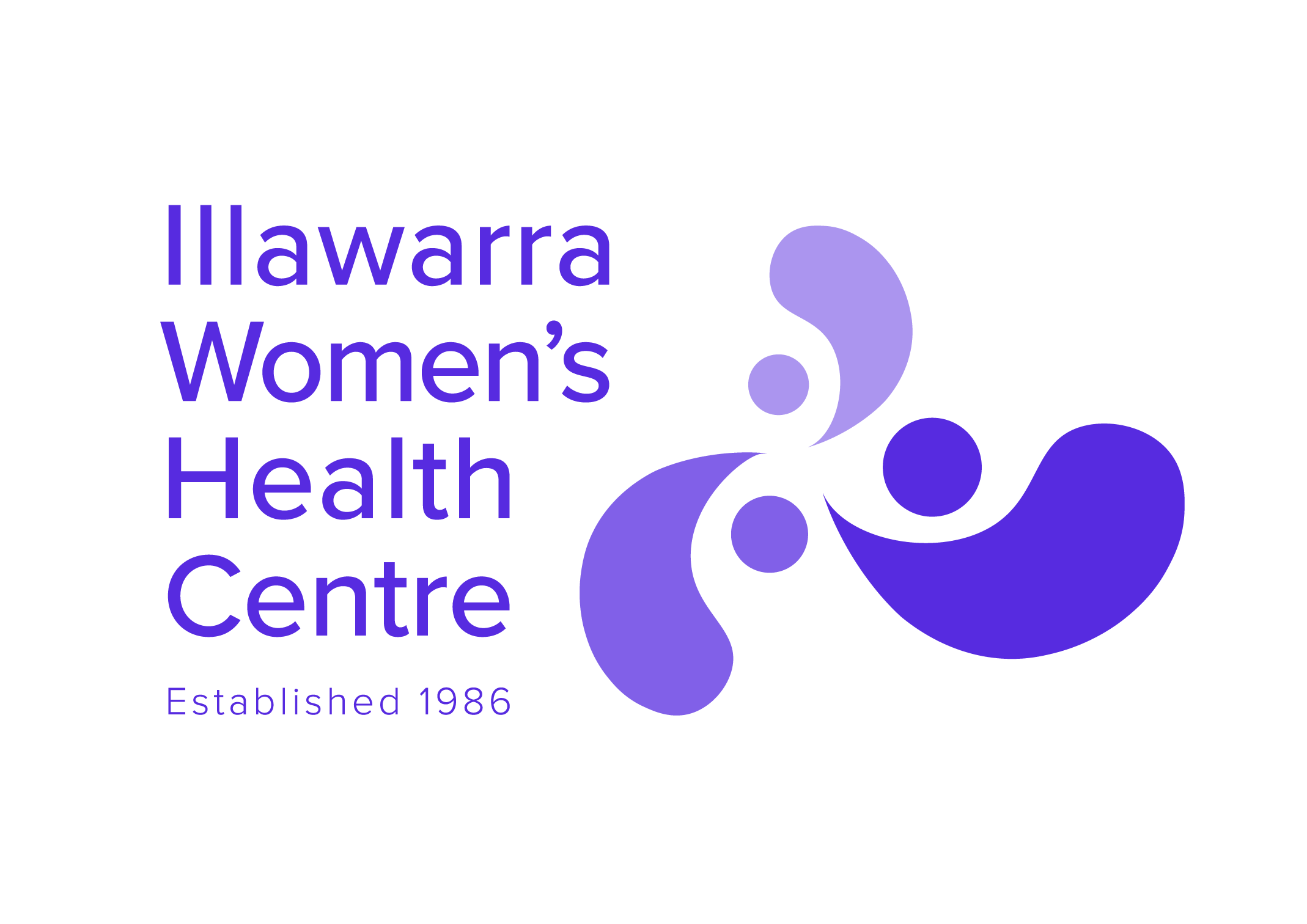You can’t have missed the NSW Budget coverage over the last few days, but have you read a comprehensive review of all the policies that affect women in the Illawarra?
We’ve broken it down for you below.
A total of $83 million has been earmarked for maternity services, including $44.8 million to expand midwifery continuity of care.
The funding will see 53 new full-time midwives deployed to regional hospitals, offering more consistent and specialised support for expectant mothers in communities such as the Illawarra.
NSW Treasurer Daniel Mookhey confirmed funding for maternity services in the new Rouse Hill Hospital, but no funding was earmarked for birthing facilities at Shellharbour’s new hospital.
Sally Stevenson, Executive Director of the Illawarra Women’s Health Centre, welcomed the expansion of midwifery care, but said the budget fell short by excluding funding for birthing services in Shellharbour.
“It’s disappointing that Shellharbour’s new hospital hasn’t been allocated funding for birthing facilities,” she said.
“Women in this region deserve access to local, high-quality maternity care. Our region is fast-growing. We deserve the same access to facilities as Western Sydney.”
A further $26.8 million funding was included for family care centres and mobile health services, and $5.7 million to cover free vaccinations for pregnant women focused on preventing whooping cough and influenza.
Wollongong Hospital will receive close to $22 million. Of that, $12 million is set aside for long-term redevelopment planning, and $7.85 million will upgrade medical imaging services.
The previously announced $227 million for frontline domestic, family and sexual violence services to reduce violence against women and children was rubber-stamped in the budget.
It includes $49 million for a hub to support victim-survivors in court and $9.3 million to implement Serious Domestic Abuse Prevention Orders and $11.2 million to reform the systems that respond to family and domestic violence, including providing five year contracts for support services and the delivery of a domestic and family violence workforce strategy.
“The funding for domestic and family violence initiatives is welcome, but it still falls short of what’s needed on the frontline,” said Ms Stevenson.
“We’re seeing more women than ever needing support, and without sustained investment in grassroots services, we can’t keep up with the demand.”
The budget included $2 million to fund NSW’s first standalone Aboriginal Domestic, Family, and Sexual Violence Plan.
A $1.2 billion child protection package was also announced to improve support for children and young people in out-of-home care (OOHC). Beyond maintaining essential services, the money will also be used to upgrade existing residential care facilities and to build new, purpose-designed homes.
Here are the key budget priorities you need to know about:
Maternity Care
$44.8 million to fund 53 new midwives in regional areas, giving women access to specialised care during pregnancy and birth.
Support for Families
$26.8 million to keep seven family care centres and five mobile units running, to offer support to new mothers and children in rural and regional NSW.
Free Vaccines for Pregnant Women
$5.7 million to provide free vaccinations for expectant mothers, helping protect them and their babies from whooping cough, flu, and RSV.
Funding Lifesaving Treatments
$20.7 million to improve access to specialised therapies for rare cancers and eye conditions.
Fighting Domestic Violence
$227 million over five years for services for victim-survivors.
Building More Homes
A $1 billion guarantee to unlock the construction of 5,000 apartments, boosting housing supply and affordability.
Support for Aboriginal Women and Families
$2 million will fund NSW’s first standalone Aboriginal Domestic, Family, and Sexual Violence Plan.
Investing in Mental Health
$15.4 million will boost the community mental health workforce and support services for young people and regional communities..
Cost-of-Living Relief
Households will receive up to $150 in energy rebates as part of a $579 million extension of the Energy Bill Relief payment.

